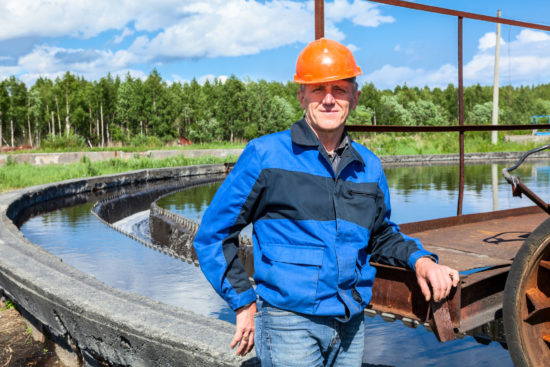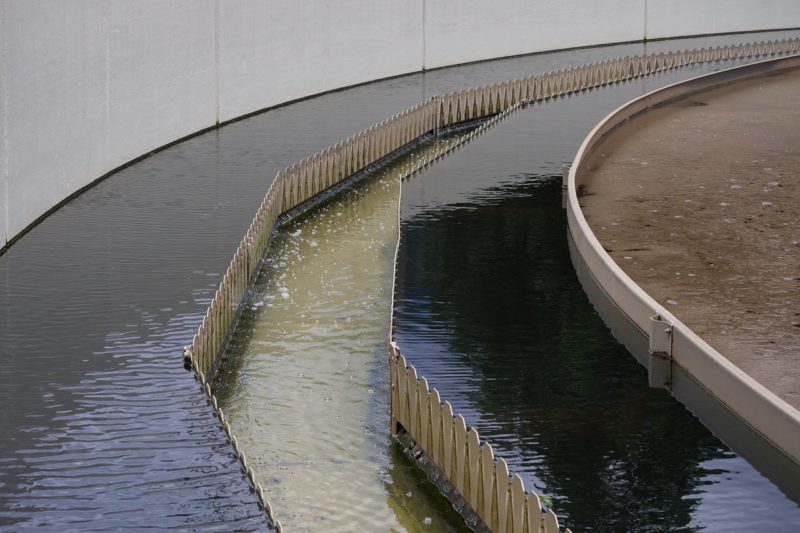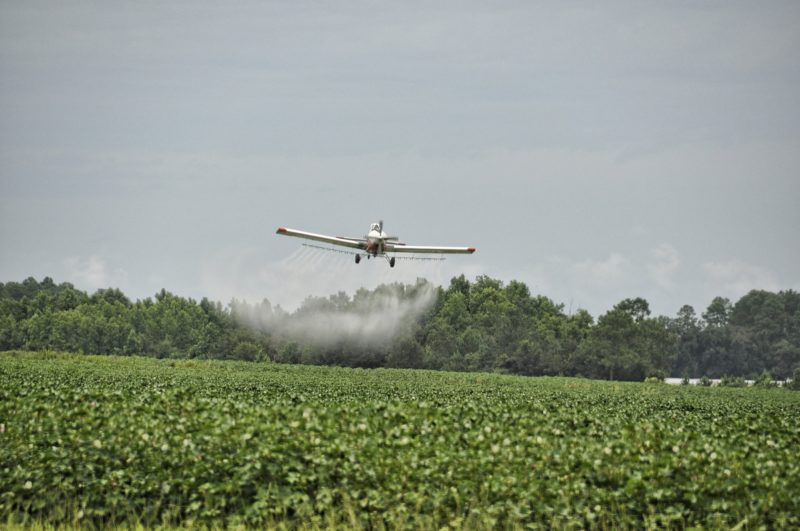Clean Environment

Antimicrobial resistance (AMR)
AMR develops when bacteria, fungi or viruses are exposed to antibiotics, antifungals or antivirals. As a result, the antimicrobials become ineffective and infections may persist. In addition, medical interventions including surgery, chemotherapy and stem cell therapy may become impossible.
AMR is considered the biggest global threat of Health and Food Safety.
AMR Insights:
For Environmental experts, officials and other professionals who wish to prevent the further spreading of Antimicrobial resistance, AMR Insights offers selected, global information and data, specific education and extensive networking and partnering opportunities.
AMR Insights is for:
- Environmental Researchers at universities and research institutes
- Environmental Experts at research and consultancy firms
- Labtechnicians at environmental quality laboratories
- Senior officials at national authorities and regulatory authorities staff
- Environmental Experts at drinking water, sewage and soil remediation companies
Latest Topics
-
 10 February 2026
10 February 2026Biofilm removal in hospital sink drains drives unintended surges in antibiotic resistance
This study shows that replacing contaminated hospital sink plumbing may unintentionally worsen antimicrobial resistance risks. Using shotgun metagenomic sequencing and microbial culture in ICU sink drains, researchers found that newly replaced plumbing developed biofilms with a higher abundance of Enterobacteriaceae, along with an increased load of antimicrobial-resistance genes, including clinically important and mobile resistance genes. […]
Read more... -
 10 February 2026
10 February 2026Systematic review of wild birds as reservoirs of antimicrobial resistance: Implications for roof-harvested rainwater safety
This review shows that wild birds—especially urban-adapted species like gulls and pigeons—can act as important reservoirs and spreaders of antimicrobial resistance (AMR). These birds frequently carry clinically relevant resistant bacteria, including carbapenem-resistant Enterobacterales (CRE), multidrug-resistant and ESBL-producing E. coli, MRSA, and resistance genes such as colistin and MLS. Urban foraging in landfills, sewage, and waste […]
Read more... -
 10 February 2026
10 February 2026Addressing antimicrobial resistance in coastal Areas: Understanding the factors and implementing solutions
Antimicrobial resistance (AMR) poses a growing threat to both human and animal health, with coastal environments acting as important reservoirs and transmission pathways. Drivers such as sewage discharge, aquaculture, agricultural runoff, bacterial dispersal, climate change, and chemical pollutants contribute to the presence and spread of antibiotics and antibiotic resistance genes (ARGs) in coastal and estuarine […]
Read more...
More news related to Clean environment





